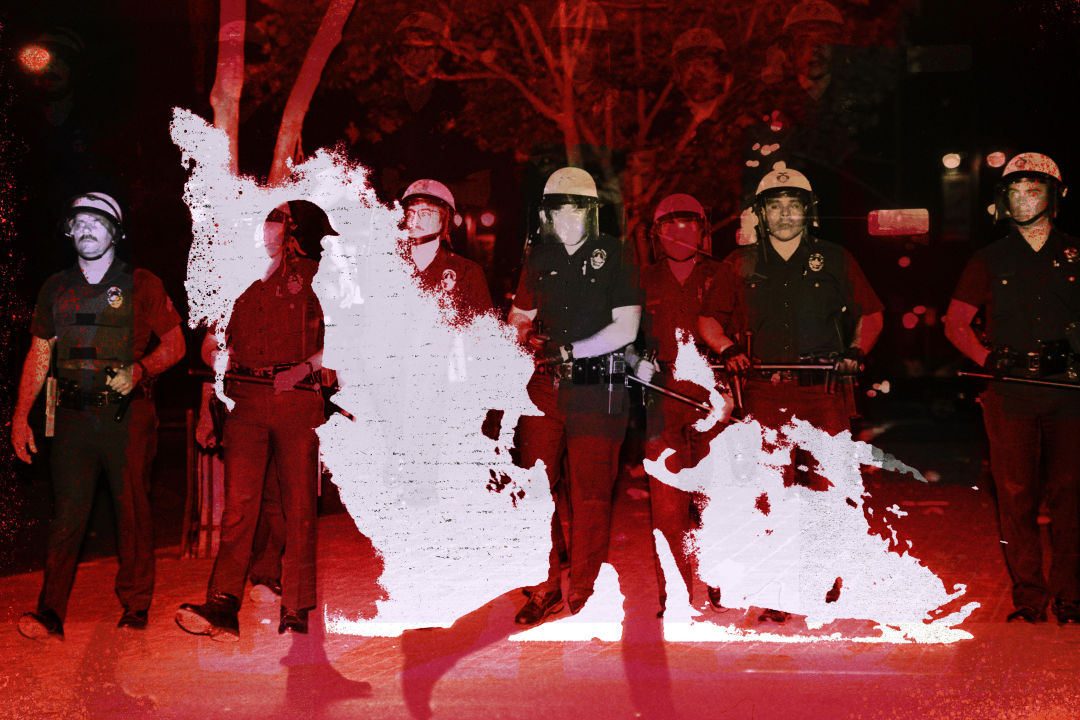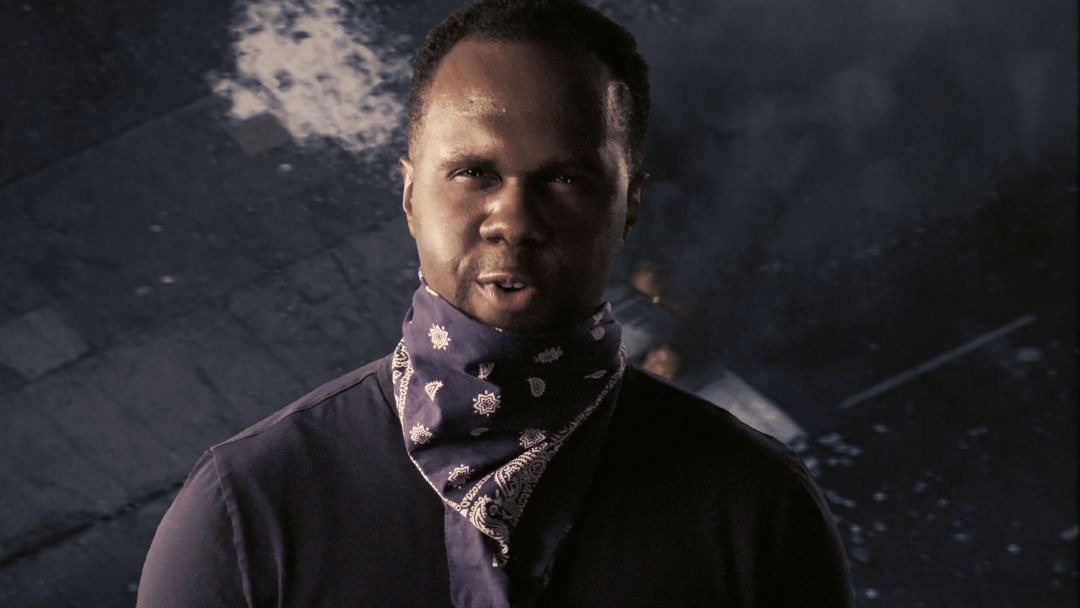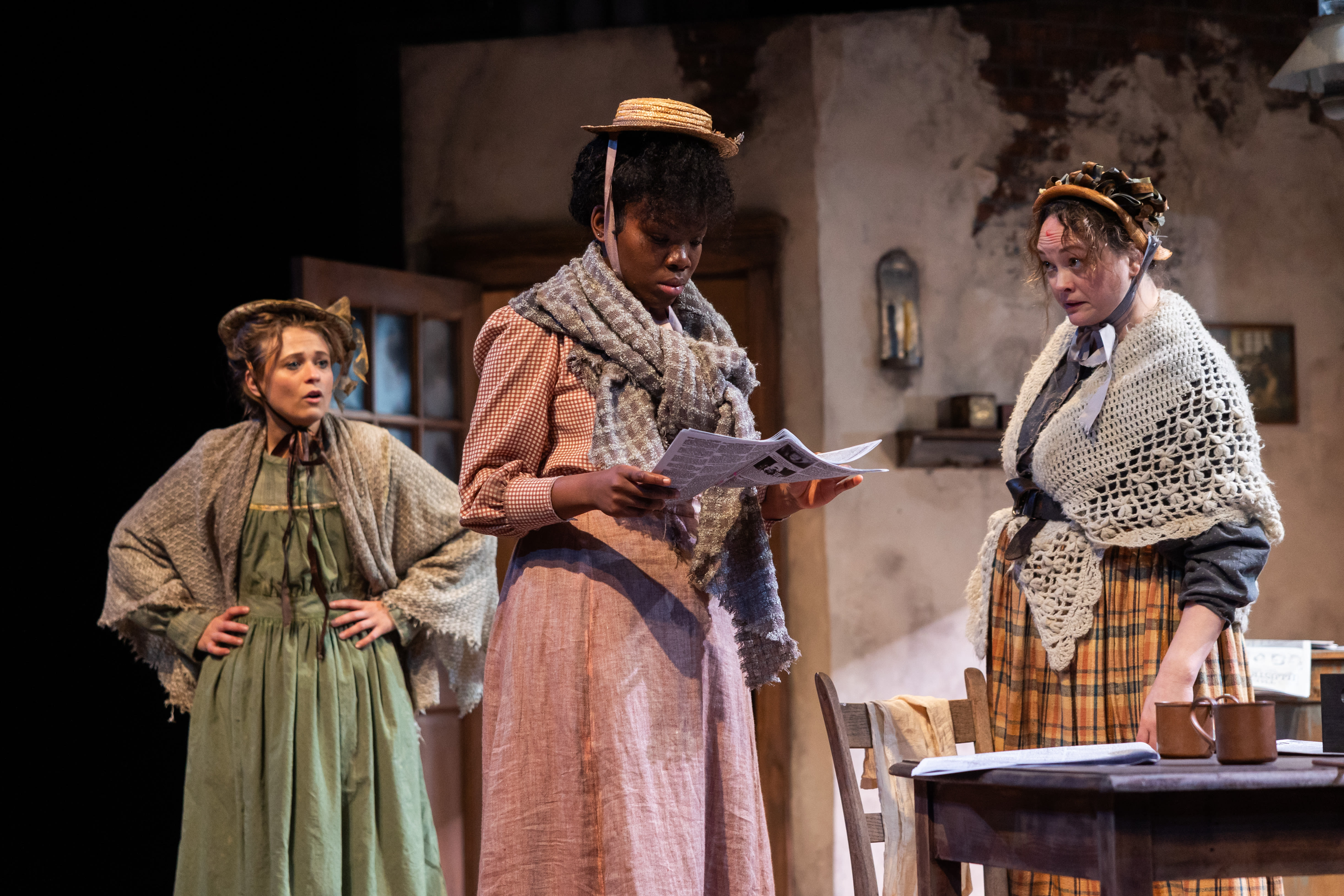REVIEW: Dirt Dogs' Twilight: Los Angeles, 1992 Brings Achingly Familiar Stories to the Forefront

When the founders of Dirt Dogs Theatre Company chose their company’s name in 2015, they picked a phrase more commonly connected with indestructible athletes than the stage. And not just any athletes, either.
We’re talking those whose unwavering work ethic and devotion to the game lead to passionate, polished success, even if that means getting their hands dirty first. But watch Dirt Dogs’ production of Anna Deavere Smith’s Twilight: Los Angeles, 1992, the impactful opener to the company’s fifth season, and you’ll find it most definitely lives up to the name.
Going in, I knew this virtual production would look different from most of Dirt Dogs’ work. The actors had to adjust to performing on-camera without group interaction to adhere to safety standards, but how were they going to take the individual performances and craft them together to make one coherent piece?
Well, let’s just say, I was thoroughly blown away.
Based on real interviews Smith conducted after the L.A. Riots, Twilight: Los Angeles, 1992 weaves together the verbatim accounts of the violence that erupted in the wake of two high-profile, racially fraught court verdicts: the acquittal of four police officers in the beating of Rodney King, an unarmed Black man, and the rejection of a jury decision in the fatal shooting of Latasha Harlins, an unarmed 15-year-old Black girl.
The play follows a diverse array of Angelenos grappling with the facts of the cases and the justice system’s response to them, while also reflecting on the anger filling the streets. One minute we're witnessing someone watching TV footage of the riots heartbroken; the next, we’re hearing from a rioter who, with fire in their tear-filled eyes, is passionately proclaiming there will be no justice without peace.

Philip Kershaw as Keith Watson in Dirt Dogs' Twilight: Los Angeles, 1992.
While Smith performed her play as a one-woman show, seamlessly stepping into the shoes of 34 different characters, who each have drastically different racial, social, economic, and cultural backgrounds, Dirt Dogs director Malinda Beckham chose instead to split these parts up, to great effect. Between the ensemble’s profound connection to their characters and great costuming, I felt I was watching documentary film as opposed to a piece of theater.
And within the first few minutes of this production, I became instantly aware of how hard this play was going to hit home. Especially after Houston’s own summer of social justice protests, the play’s vast range of voices makes it impossible to watch these stories unfold without empathizing—a tribute to Smith’s skills as a playwright. I was left feeling a broken sorrow and anger eerily similar to how I felt when I first saw the news of George Floyd’s death flash across the TV screen just a few months ago.
Ironically, the unsung hero of Dirt Dogs’ production was the technological elements I initially believed might weaken it. Beckham’s decision to film her actors individually, as though they are having intimate conversations with the person behind the camera, made me feel incredibly close to the characters. And because the characters looked straight at the camera in a way not often seen in TV and film, I felt compelled to listen to what they had to say.

Kevin Daugherty as former LAPD Chief Daryl Gates in Dirt Dogs' Twilight: Los Angeles, 1992.
Visual components, where real footage of the crimes that led to the riots as well as the violence itself flickered behind the actors, brought another unequivocally impactful layer to Dirt Dogs’ adaptation. The intense images, alongside such emotional monologues, make the pain and power of their words inseparable from the events playing out onscreen.
Twilight: Los Angeles, 1992 might follow events that took place nearly three decades ago in Southern California, but this play couldn’t be more relevant to the conversations we’re still having today about systemic injustice and racism. The pursuit of justice is one often accompanied by pain and frustration, but this story reminds us of the underlying resilience in these efforts.
And while we might not see it now in our current world, Dirt Dogs' thought-provoking production reminds us that it is this very resilience that will restore hope and unity, and, ultimately, bring change.
Thru Nov 21. $25. Online. More info at dirtdogstheatre.org. A talk back with the director and cast members is planned for Nov 19.




